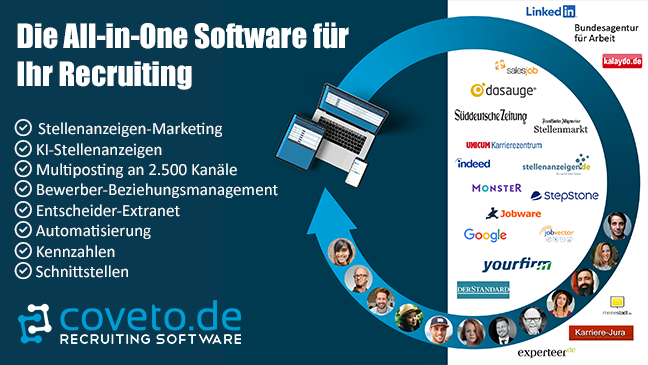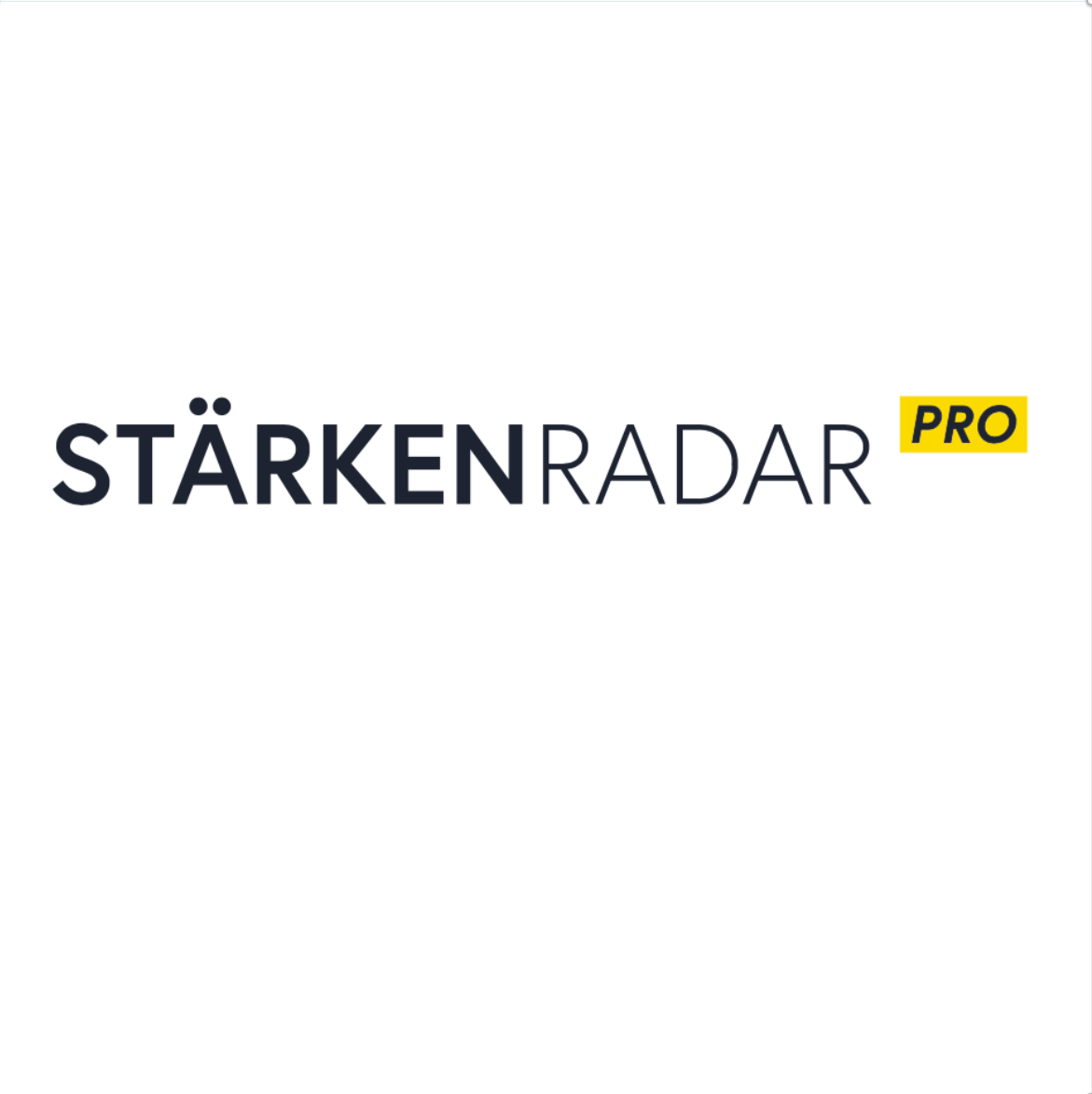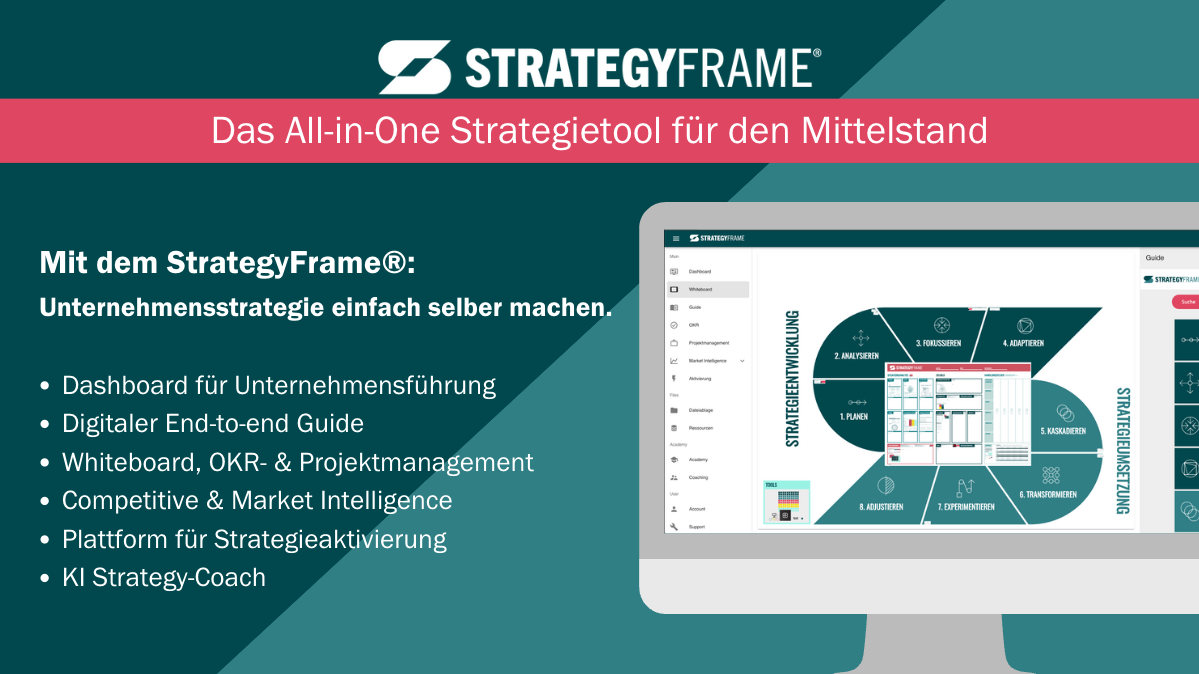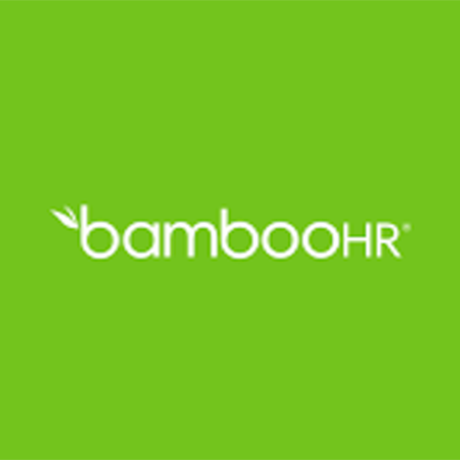
BambooHR















BambooHR - Streamlined HR for Onboarding, Core HR and Performance
BambooHR centralizes core HR functions across Onboarding, Core HR and Performance Management to reduce administrative overhead. Automated onboarding workflows, e-forms and e-signatures accelerate new hire processing. Employee records live in a unified org structure, simplifying reporting and Workforce Management. The platform shifts effort from manual tasks to strategic HR activities.
Problems addressed
Disconnected systems and manual steps create errors and slow hiring. BambooHR standardizes Applicant Tracking and Job Description Management, automates approvals, and provides dashboards for time, attendance and PTO. This approach shortens time-to-productivity and creates a reliable foundation for Performance Management.
Strengths and limitations
The interface reduces training time and makes daily HR actions faster. Reporting tools support custom analytics for headcount and turnover. Self-service features lower the volume of routine requests. Limitations include a less mature applicant management module and limited native support for payroll programs and holiday rules in some countries. Mobile apps provide core capabilities but lag behind the desktop experience. Occasional slowdowns and extra effort for international payroll integrations also occur.
Use cases and summary
BambooHR fits mid-sized organizations that want to centralize onboarding, Core HR and Workforce Management. Companies requiring extensive country-specific payroll functionality should plan for additional integrations. Overall, the platform delivers measurable process simplification for Bewerbermanagement, Job Description Management and Performance Management and serves as a practical base for HR automation.
- Intuitive interface that simplifies processes and reduces training effort.
- Robust reporting that enables custom HR analytics and saves time.
- Integrated features like onboarding, employee records and e-signatures streamline administration.
- Responsive customer support that acts on feedback and guidance.
- Employee self-service for leave requests and data access reduces transactional workload.
- Applicant tracking lacks deep customization compared with specialized systems.
- Absence management may require localization work for specific countries.
- Customization options have practical limits, which can restrict flexible workflows.
- Mobile applications provide fewer features than desktop versions.
- No built-in support for some regional payroll programs and holiday calendars, requiring manual steps.
HR Software Provider is listed in the following categories:
More information
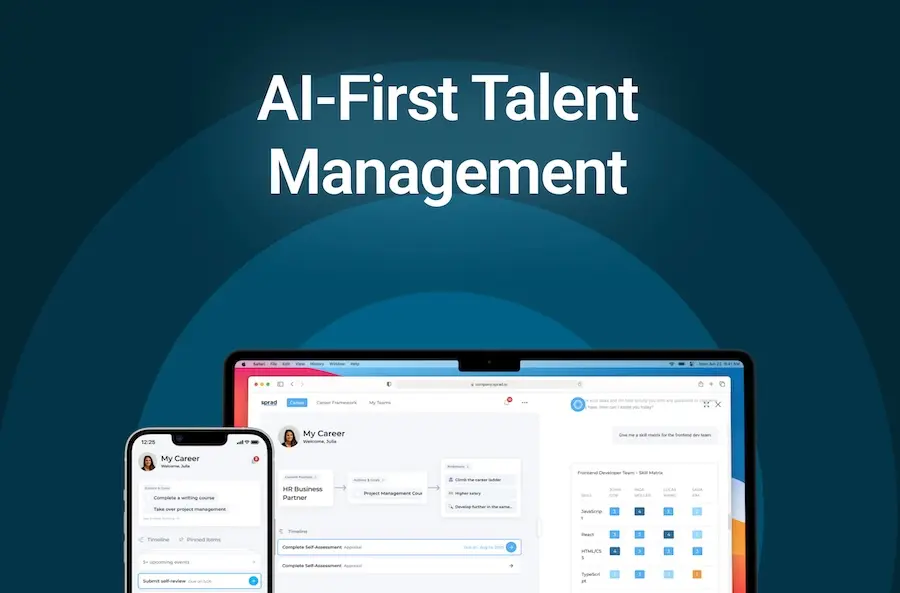
Assessment
Features
Organization Management
Organizes employees in an org structure that can be used throughout the application for reporting, permissions, etc.
Time, Attendance, and PTO
Tracks time, attendance, paid time-off (PTO), sick time, schedules, and other workforce-related information.
Compliance
Helps protect risk areas by ensuring compliance standards are met through tracking and reporting.
Customization
Allows administrators to customize to accommodate their unique processes, including the ability to create custom objects, fields, rules, calculations, and views.
User, Role, and Access Management
Grants access to select data, features, objects, etc., based on the users, user role, groups, etc.
Performance
Is consistently available (uptime) and allows users to complete tasks reliably.
Mobility
Is accessible from a mobile device and by users on the go.
Reporting
Provides analytics tools that reveal important business metrics and track progress.
Dashboards
Has a centralized dashboard for users to interact with.
E-Forms
Provides electronic forms for employees to complete.
E-Signature
Enables new hires to sign forms electronically.
Self-Service Portal
Enables employees to log in and view their onboarding process.
Automated Onboarding Workflows
Provides workflows that track new hire progress.
Onboarding Notifications
Provides notifications about the onboarding process to both the new hire and manager.

